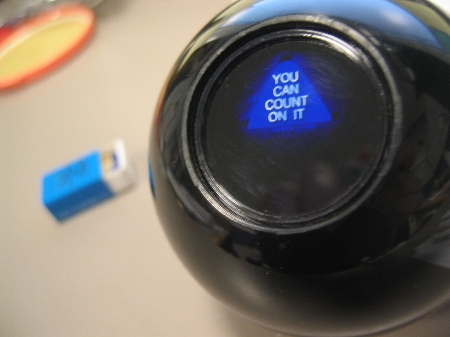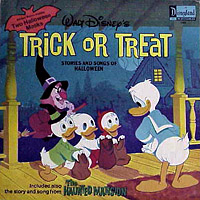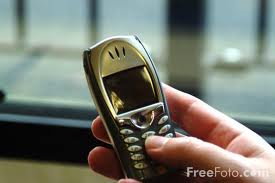So, you’ve followed your career counselor’s advice to do some networking while at home for thanksgiving break and perhaps got a contact – a relative’s next door neighbor, let’s say – who works at the magazine that you’d like to intern at next summer. Nice job! But now, what do you do with this information?
Even though it seems early to be asking for internships right now, I’d encourage you to connect with this contact and follow up with your referrer this week. Connecting early gives you more time to learn more from this person about opportunities at this company. Besides, it’s good manners – if you don’t use this contact and follow up, the referrer might be more reluctant to offer you a contact or do other favors in the future. Remember that at least half of the jobs out there are never advertised. If you’re the first to ask about it, you might just get it and in the process you save the company the hassle of recruiting.
As the resident shy career counselor here, I understand that networking can feel unnatural at first. The trick for me is to think of these lukewarm contacts as your friends of friends and you’re merely asking for a bit of advice from them. It’s like when you were in high school and you asked your buddy’s cousin who is a Penn alumna about what Penn is like and how fast you have to run to get on the Penn track team.
With that mentality, craft a short introductory email to the contact that includes:
1) Name drop: “My aunt so-and-so suggested that I give you a call because I’ve been researching design careers in the magazine industry…”
2) Who you are: “I’m a sophomore at Penn with a Health and Societies major…” Include information about your background and interests but don’t overwhelm with your qualifications
3) The “Ask”: “Would you have a few moments to talk with me by phone about …? I have some questions about …”
4) Next steps: “I’ll call your office next week to see if we can find a time convenient to chat.”
5) Thank you
After you’ve emailed your contact, also send your referrer a thank you note, which could be via email or snail mail. This takes only a few minutes and she will appreciate the feedback that she has been helpful to you. Then next week, call the contact to follow up on the email as you promised. For what to do next, especially once you get an informational interview or face-to-face meeting with the contact, I refer you to the articles on the Career Services website about networking and information interviewing.










